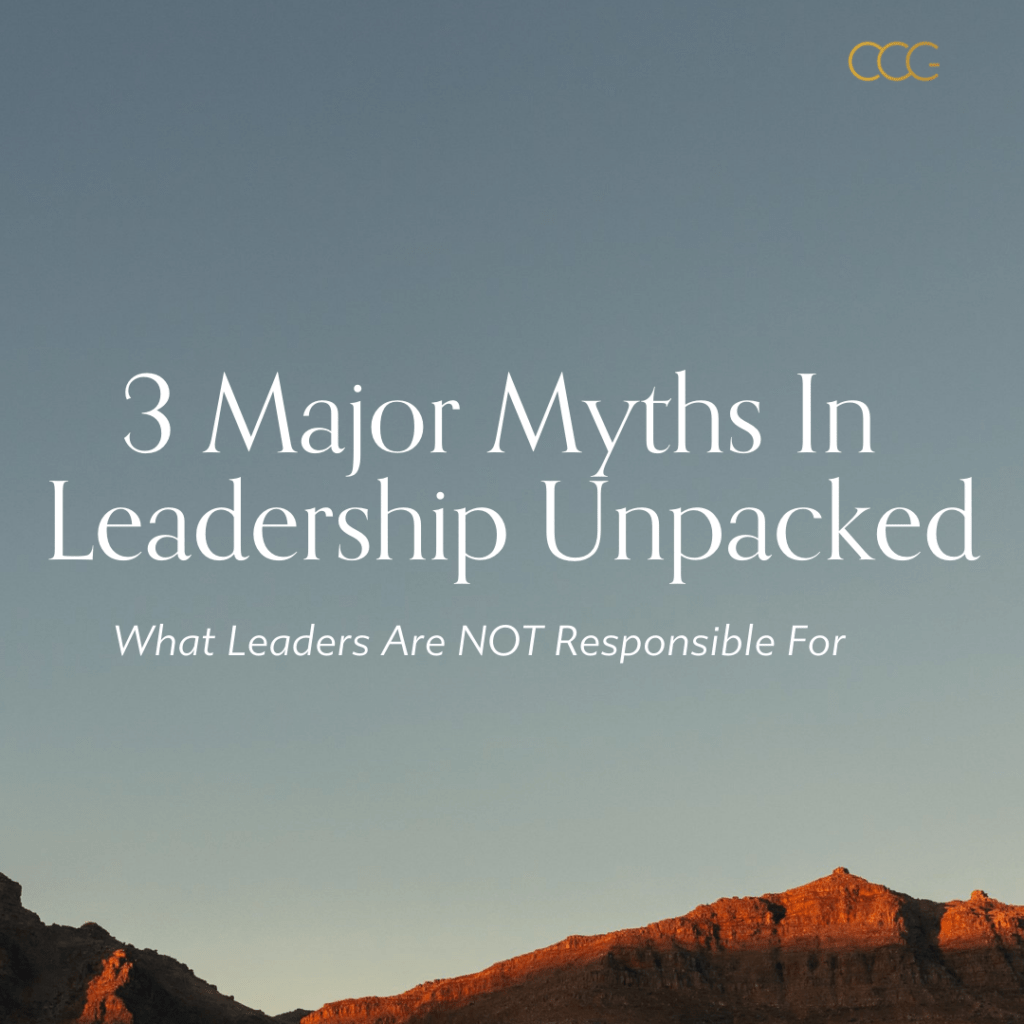
Rather than being obsessed with change, focus on alignment. Resisting life by forcing yourself upon it will only lead to pain, drama, and failure. Being aligned, on the other hand, will bring you peace of mind, deep satisfaction, and effortless success.






